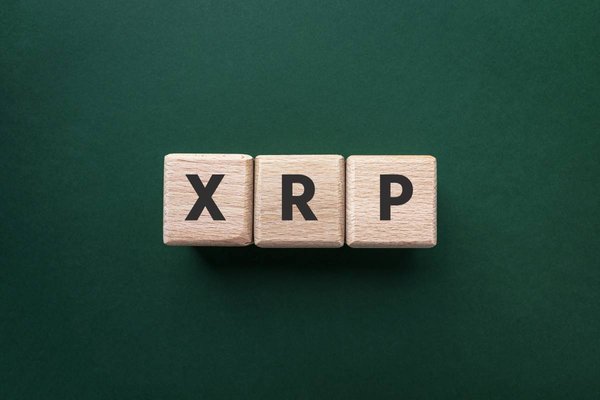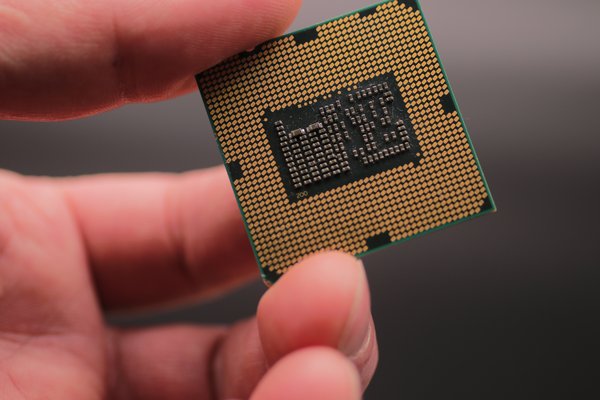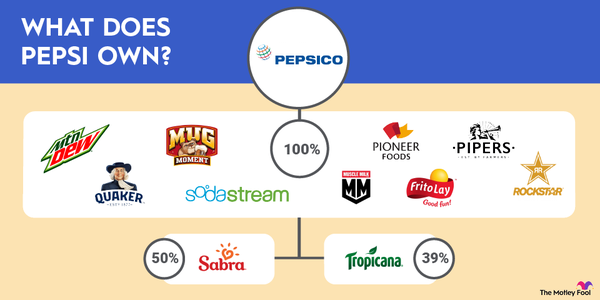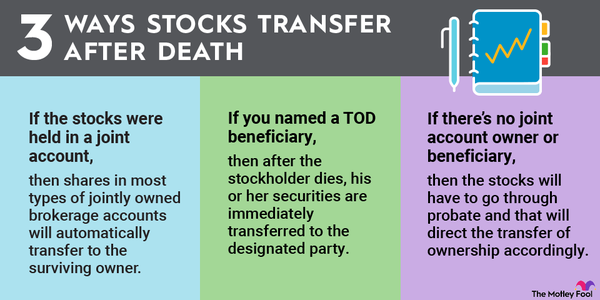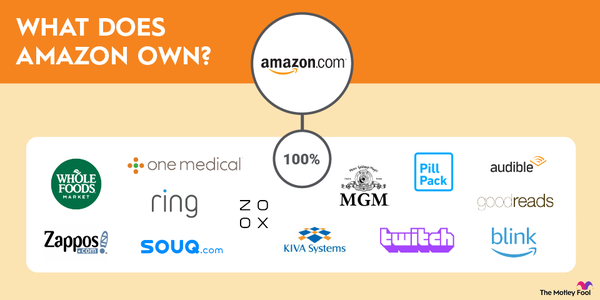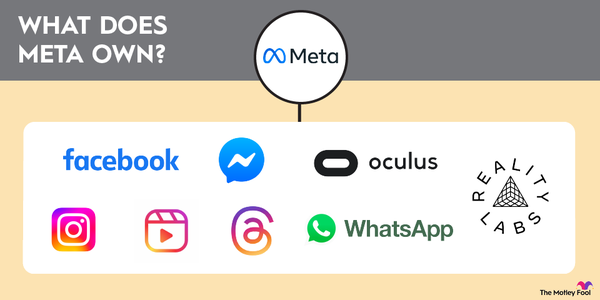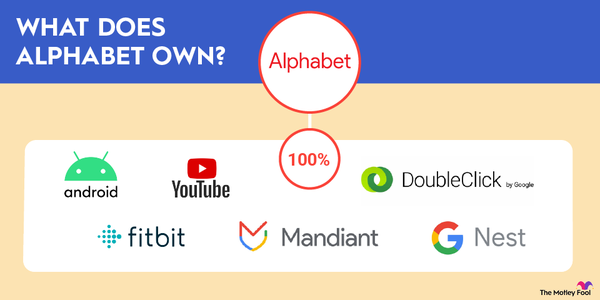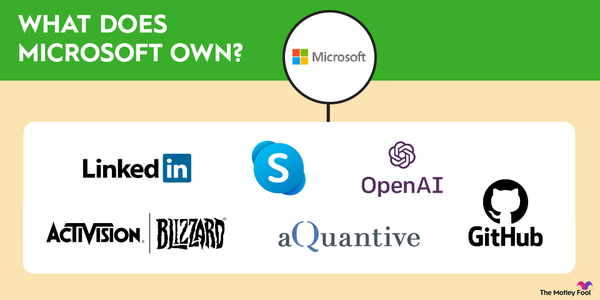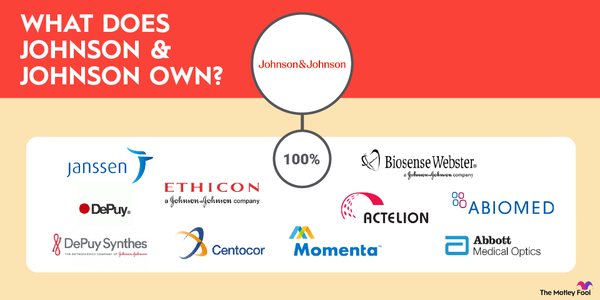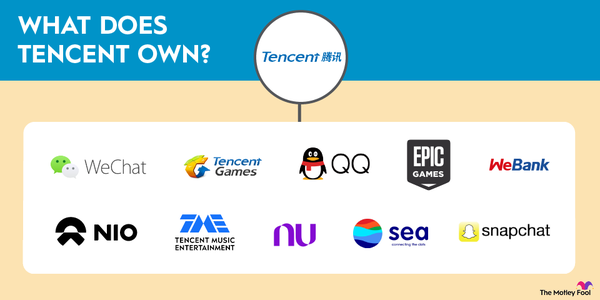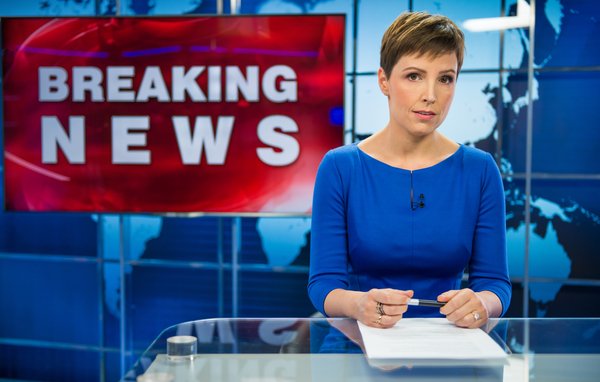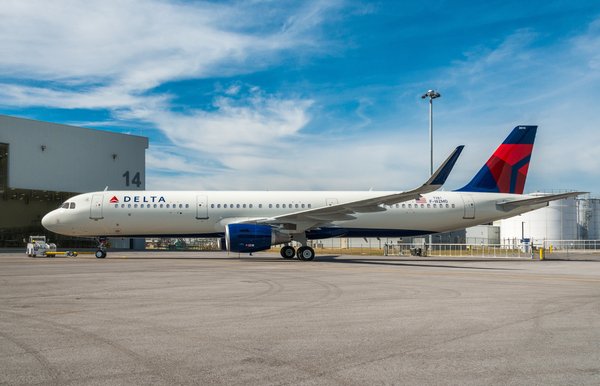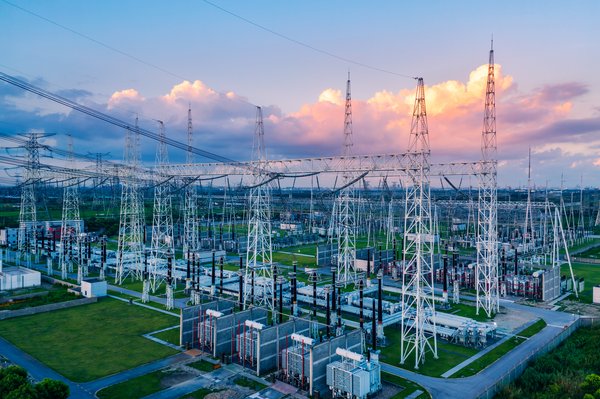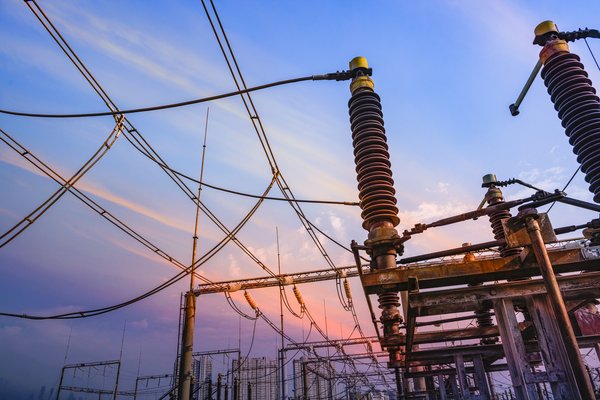If you're wondering who owns ChatGPT, you're in the right place. The transformative artificial intelligence (AI) chatbot has launched a new era of technology. Big tech companies, start-ups, and others are racing to harness the power of generative AI, first unveiled by ChatGPT.
Artificial Intelligence
ChatGPT was developed by OpenAI, an organization founded with the mission of ensuring that artificial general intelligence (AGI) benefits all of humanity. It was first made available to the public in November 2022.

However, the earliest version of the technology underpinning it, GPT-1 (an acronym for generative pre-trained transformer), was introduced in June 2018 and has evolved and improved over the years. OpenAI has also developed other generative AI products, but the company is best known for ChatGPT.
Who owns it?
Who is the owner of ChatGPT?
ChatGPT is owned by OpenAI, which has a complicated organizational structure. The start-up was founded as a nonprofit but discovered the model was unsustainable for funding its research. In 2019, it created OpenAI LP, a "capped-profit" company it described as a hybrid between a for-profit and nonprofit company.
At the time, the company also said that running large-scale AI systems required significant computational power, and it realized it needed "billions of dollars to invest in the upcoming years into large-scale cloud comput[ing], attracting and retaining talented people, and building AI supercomputers."
That was the same year Microsoft (MSFT 0.61%) first invested in the company. Microsoft has been its primary benefactor since then, investing an estimated $13 billion in OpenAI, with a percentage of its investment coming in the form of computing power from its Azure cloud computing service.
However, the relationship between Microsoft and OpenAI is also complicated. In a statement in December 2023, Microsoft said it doesn't own any portion of OpenAI and is just entitled to a share of profits.
Profit
In a December 2024 web post, OpenAI said it's evaluating its corporate structure to ensure AGI benefits humanity. It said it would continue to operate as a hybrid between a nonprofit and a for-profit, though it aims for the nonprofit part to be sustainable.
It seeks to change the existing for-profit into a Delaware Public Benefit Corporation (PBC) with ordinary shares of stock. The nonprofit would then own shares in the PBC.
As of October 2024, OpenAI was valued at $157 billion. It raised $6.6 billion in a funding round that doubled its valuation in just nine months.
It's received funding from venture capital (VC) firms, including Thrive Capital, Sequoia Capital, Andreessen Horowitz, and K2 Global, as well as Microsoft, Nvidia (NVDA 3.08%), SoftBank (SFTB.Y -1.97%), and others. Still, OpenAI's complete ownership structure has not been shared publicly.
Top shareholders
Who are the largest shareholders?
1. Microsoft
Microsoft may claim it doesn't own a stake in OpenAI, but it clearly has a close relationship with the start-up and is effectively its largest shareholder. It's the only individual company or investor specifically identified in OpenAI's corporate structure.
Microsoft first invested in OpenAI in 2019 and is estimated to have invested at least $13 billion in OpenAI so far. In early 2023, Microsoft invested $10 billion in the company, giving the start-up a valuation of $29 billion. According to reports, Microsoft would get a 75% share of profits until it recoups the $10 billion it invested. From that point, Microsoft would get a 49% share of the company's profits until it reaches its cap.
2. Reid Hoffman
Another major investor in OpenAI is Reid Hoffman. The LinkedIn co-founder was one of several investors who committed to investing a combined $1 billion in the company when it was founded.
Hoffman served on the board of directors until November 2023, when he stepped down to avoid an appearance of conflict. He also co-founded Inflection AI, although the start-up company later folded.
3. Peter Thiel
Like Hoffman, Peter Thiel was one of an early group of Silicon Valley bigwigs to pledge to invest a combined $1 billion in OpenAI. Thiel has long been something of a mentor for OpenAI CEO Sam Altman.
Thiel has had a prolific career in Silicon Valley as a co-founder of PayPal (PYPL -0.8%) and current chair of Palantir (NYSE:PLTR).
4. Elon Musk
Tesla (TSLA -1.02%) CEO Elon Musk was a co-founder of OpenAI and a key source of funding early in the company's history. OpenAI says Musk invested close to $45 million of his own money in OpenAI.
Musk left the company in 2018 over a dispute that arose when the company added a for-profit component. Musk suggested taking a majority equity stake in the company and attaching it to Tesla, but the board balked at the idea. It's unclear whether Musk still owns a stake in OpenAI, but he played a pivotal role in OpenAI's early days. For that, he's worth including in the conversation.
Equity
5. YCombinator
YCombinator, the Silicon Valley incubator, was the first institutional investor to invest in OpenAI, doing so in 2016, according to Crunchbase. Before running OpenAI, Altman was the CEO of YCombinator.
6. Khosla Ventures
Khosla Ventures was another of the first VC firms to invest in OpenAI, putting in $50 million in 2019 and taking a 5% stake. Principal Vinod Khosla said there was no good way to do due diligence on the company, but he had confidence that AI would be a significant technology. He's been proven right. The stake is now worth more than $1 billion.
7. Tiger Global
VC firm Tiger Global first invested in OpenAI in 2021 in a funding round with several other VC firms. Tiger Global was also one of several firms to push back against OpenAI when the board fired Sam Altman for a few days, only to bring him back after an employee and investor uproar.
8. Andreessen Horowitz
Andreessen Horowitz, one of the best-known Silicon Valley VC firms, participated in OpenAI's funding round in April 2023. However, co-founder Marc Andreessen criticized OpenAI's defense capabilities, saying its security protocol was "Swiss cheese." Andreessen Horowitz is also in the process of raising $6 billion to invest in AI, showing it's betting big on the new technology.
9. Sequoia Capital
Sequoia first invested in OpenAI in 2021 and is also focused on AI, with 60% of its investments in AI companies in 2023, up 15% from 2022. It has invested in a number of other AI companies, like Collaborative Robotics.
10. Thrive Capital
VC firm Thrive Capital led the September 2024 $6.6 billion investment round with a $1.3 billion investment of its own. Thrive also has the option to invest as much as $1 billion in OpenAI at the same valuation. Founded by Joshua Kushner, Thrive is known for successful early-stage investments in tech companies like Meta Platforms' (META 1.01%) Instagram, Spotify (SPOT -0.02%), and Stripe.
11. Nvidia
According to reports, Nvidia invested around $100 million in OpenAI's latest funding round. It's not a surprise that the chip giant would invest in OpenAI as the success of each company is very much connected.
Nvidia stock soared shortly after the launch of OpenAI's ChatGPT, which set off a boom in generative AI. Looking ahead, Nvidia's success makes OpenAI's success more likely, and OpenAI's success makes Nvidia's success more likely.
12. SoftBank
The famed tech investment firm run by Masayoshi Son invested $500 million in the September 2024 funding round. SoftBank followed that up with a tender offer of $1.5 billion, offering to buy that amount from OpenAI employees who wanted to sell their shares.
SoftBank figures to be an OpenAI investor since it's the majority shareholder of Arm Holdings (ARM -3.34%), a semiconductor company with a significant stake in AI, and it's a prolific investor in tech start-ups.
13. Ark Invest
Ark Invest, the high-profile tech-focused investment manager run by Cathie Wood, is best known for investing in publicly traded companies. However, it also runs a venture fund, Ark Venture, which invested $250 million in OpenAI in the September 2024 funding round. Given its focus on disruptive companies, it's unsurprising that Ark Invest would invest in OpenAI.
Board of directors
Who is on the board of directors?
As of Jan. 26, 2025, the OpenAI board had 10 members.
1. Bret Taylor
Bret Taylor, former co-CEO of Salesforce (CRM -4.92%), is the chair of the OpenAI board. Taylor was named chair in an upheaval that took place after the previous board briefly ousted Sam Altman as CEO of OpenAI in November 2023.
2. Larry Summers
Larry Summers, the former Treasury secretary and former president of Harvard University, joined OpenAI's board at the same time as Taylor after the kerfuffle over Altman's temporary departure.
3. Adam D'Angelo
D'Angelo joined the OpenAI board in 2018. He was an advisor and investor in Instagram before it was acquired by Meta Platforms in 2012. He is the only member of the board of directors to remain from before Altman was voted out. D'Angelo was one of the members who voted to oust Altman.
4. Sue Desmond-Hellmann
Sue Desmond-Hellmann joined the board in March of 2024. She was formerly CEO of the Bill and Melinda Gates Foundation and a physician serving on the boards of Pfizer (PFE -2.31%) and the President's Council of Advisors on Science and Technology.
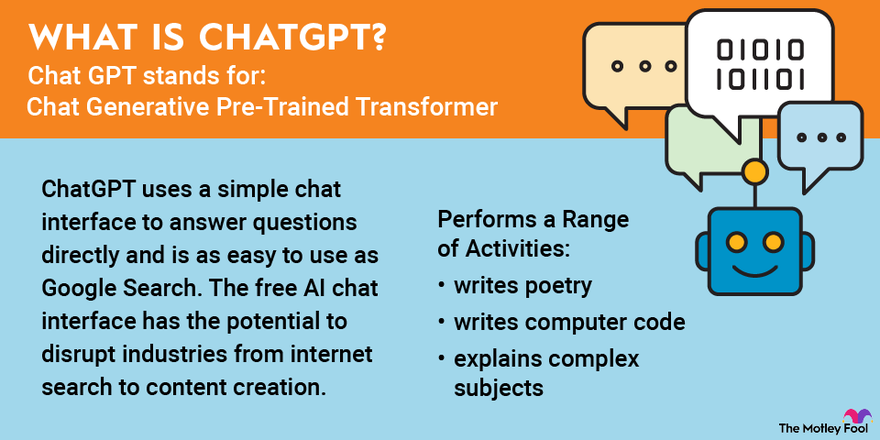
5. Nicole Seligman
Nicole Seligman also joined the board of directors in March 2024. Seligman is the former executive vice president of Sony (SONY 0.39%). She also serves on the boards of Paramount Global (PARA 0.0%), MeiraGTx Holdings (MGTX 1.61%), and Intuitive Machines (LUNR -1.17%).
6. Fidji Simo
Fidji Simo, the CEO and chair of Instacart (CART 0.21%), joined the board in March 2024. She also sits on the board of directors at Shopify (SHOP -2.59%) and was vice president and head of Meta's Facebook app after spending a decade of her career at Facebook.
7. Sam Altman
Altman rejoined the board in March 2024. Altman has been OpenAI CEO since May 2019, reshaping it as a "capped-profit" company and forging the partnership with Microsoft. Earlier in his career, Altman was the CEO of YCombinator, the tech incubator.
8. Zico Kolter
Zico Kolter, a professor and director of the Machine Learning Department at Carnegie Mellon University, joined OpenAI's board in August 2024. Kolter's previous work focused on AI safety, alignment, and machine learning classifiers. He serves on the board's safety and security committee.
9. Paul M. Nakasone
OpenAI named Paul M. Nakasone to its board in June 2024. Nakasone is a retired U.S. Army General and the former leader of USCYBERCOM. He's considered an expert in cybersecurity and joined the board's safety and security committee.
10. Adebayo Ogunlesi
Adebayo Ogunlesi joined OpenAI's board in January 2025. Ogunlesi is the CEO of Global Infrastructure Partners (GIP), one the top infrastructure investing platforms in the world. He's also a senior managing director at Blackrock (BLK -0.78%).
How to invest
How to invest in ChatGPT
ChatGPT parent OpenAI is a privately held company, so there are no easy ways to invest in it directly. It's not a stock you can simply purchase through a brokerage.
The best way to get exposure to it is by investing in Microsoft. The Redmond, Washington-based giant has invested billions in OpenAI, and the two companies have a close working relationship. Microsoft has used OpenAI's technology to power several products, from Azure to GitHub to Microsoft Office and Bing. In other words, if OpenAI continues to lead the AI race, Microsoft should be a winner, too.
Related investing topics
If you are a high-net-worth individual, you may be able to invest directly in OpenAI through a VC firm. However, you will need to be an accredited investor. Due to its unique corporate structure, OpenAI is unlikely to go public anytime soon. Yet, the VC firms that have invested in it will eventually want an exit, either through an acquisition or an initial public offering (IPO).
FAQ
Who owns ChatGPT: FAQ
Who are the owners of OpenAI?
OpenAI is backed by Microsoft and a number of venture capital firms. It's run by its board of directors, which is separate from its investors.
Does OpenAI belong to Microsoft?
OpenAI does not belong to Microsoft. Microsoft is a major investor in OpenAI, but according to Microsoft, it only has a claim on its profits.
Who is controlling OpenAI?
OpenAI is ultimately controlled by a board, which now includes Sue Desmond-Hellmann, former CEO of the Bill and Melinda Gates Foundation; Nicole Seligman, former executive vice president at Sony; Fidji Simo, CEO of Instacart; OpenAI CEO Sam Altman; former Salesforce Co-CEO Bret Taylor; former Treasury Secretary Larry Summers; and Adam D'Angelo. Altman runs the company on a day-to-day basis.
Does OpenAI own ChatGPT?
ChatGPT is owned by OpenAI. It was developed by OpenAI and remains under its control.




















































































































